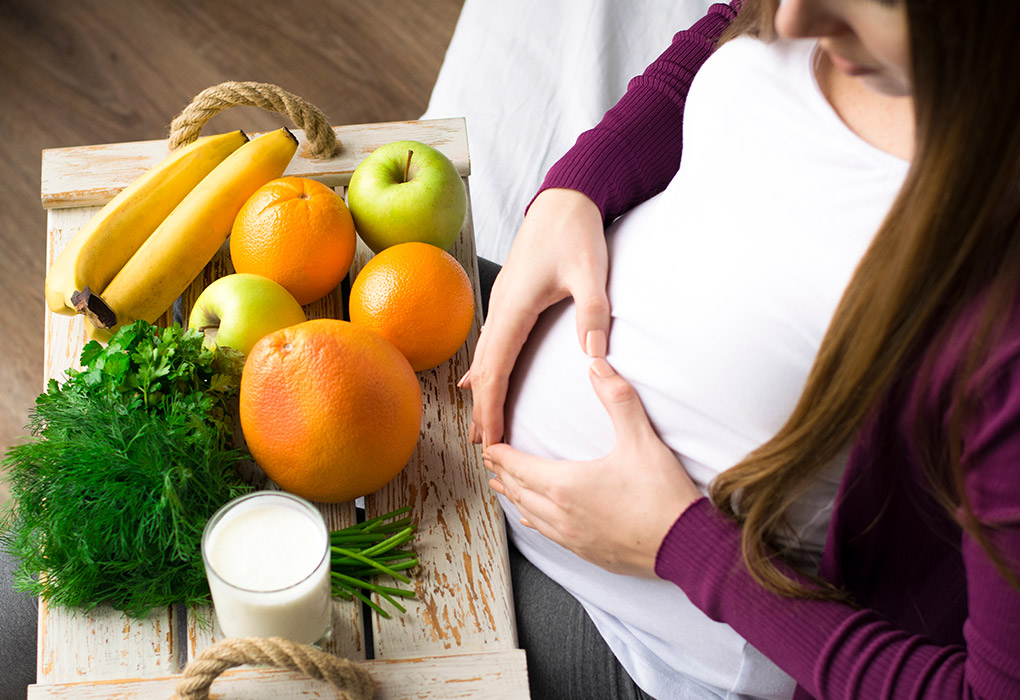Morning sickness is a common symptom of pregnancy. It can be difficult to maintain a healthy diet for your baby when experiencing morning sickness. This article will discuss foods you can eat to combat nausea during the first trimester of pregnancy.
What is the cause of morning sickness?
It’s important to know what causes morning nausea before you can decide which foods are best to consume during your first trimester. It’s not known why morning sickness occurs, but the hormone changes, especially the increased levels of progesterone and estrogen, are believed to play a role.
The importance of eating a healthy diet while pregnant
It is important to maintain a healthy diet while pregnant as this will provide the nutrients needed for your baby’s development. By eating a wide variety of fruits, vegetables and whole grains as well as lean protein and healthy fats, both mother and baby will get all the vitamins and minerals they need.
What causes nausea in the first trimester?
It is common to experience nausea during the first three months of pregnancy. This is due to a variety of factors including hormonal fluctuations, stress, and an empty stomach. Progesterone is essential to a healthy pregnancy but can also cause nausea if it’s produced in large quantities. It is important to have small meals frequently throughout the day. Finding ways to relieve stress, like taking a hot bath, will help reduce nausea.

What to eat when you’re experiencing nausea in the first trimester
Ginger
It has been discovered that ginger is a natural treatment for nausea and morning sickness. Ginger can be added to the diet in many forms. You can drink ginger tea or ginger ale. Or you could grate fresh ginger and add it into meals.
Crackers
Dry toast or plain crackers can be used to help relieve nausea in the morning.
Protein-rich foods:
Eggs, beans and lean meats are high in proteins, which can stabilize your blood sugar level, decreasing the likelihood of nausea. Chicken breast, lentils, salmon and lean meats are all examples of foods high in protein.
Citrus fruits
Citrus fruits such as lemons and oranges can ease nausea, and give you and your child a vitamin C boost.
Whole grain
Oats, brown rice and other whole grains can keep you fuller and help prevent nausea.
Fried and fat foods
They can also cause nausea.
Spicy Food
Spices can cause nausea and irritate the stomach. c. Eating large portions can make you feel nauseated. It’s best to have smaller meals more frequently throughout the day.
Lemon
The lemon has a fresh taste that can reduce nausea. Lemon added to seltzer or water will help you stay hydrated and decrease nausea.
Complex Carbohydrates
By keeping you fuller for a longer period of time, complex carbohydrates like whole grains or starchy vegetables may help reduce nausea. Complex carbohydrates can be found in brown rice, whole wheat bread, sweet potatoes and other starchy vegetables.
Peppermint
You can also consume peppermint in the form of tea, essential oil or as a tea.
Morning sickness: Other ways to relieve it
- Keep hydrated. Drinking water regularly can reduce nausea.
- Open a window or go for a stroll outside to get some fresh air.
- Get enough sleep to reduce your chances of experiencing nausea.
- Avoid triggers. Certain foods or smells can cause nausea. It’s better to avoid these triggers if you can.
Avoid these foods during your first trimester
Some foods are to be avoided during pregnancy in order to avoid complications. Some of these include:
- Raw or undercooked meats
- Fish with high mercury levels
- unpasteurized dairy products,
- Processed foods
- Raw or undercooked eggs
- caffeine,
- alcohol.
It’s essential to maintain a healthy diet and consult your doctor to make sure you meet your nutritional requirements.
FAQs
How do you define morning sickness? It is an uncomfortable symptom that occurs during pregnancy.
How long does morning sickness last? For most women, it can continue until their first trimester.
Is there a medication for morning sick? Yes, morning sickness medications are available. However, it is best to speak with your doctor first before you take any medication.
Does morning sickness harm the baby? No, it does not. However, severe vomiting may cause dehydration which is harmful for both mother and child.
Is morning sickness the same as nausea or vomiting? You’re most likely experiencing morning sickness if you experience nausea and/or vomiting while pregnant. If you are experiencing serious symptoms, or have any concerns, then it is best to speak with your doctor.
Disclaimer This article has only been written to inform. If you are expecting, please consult with your doctor prior to using any information contained in this article.